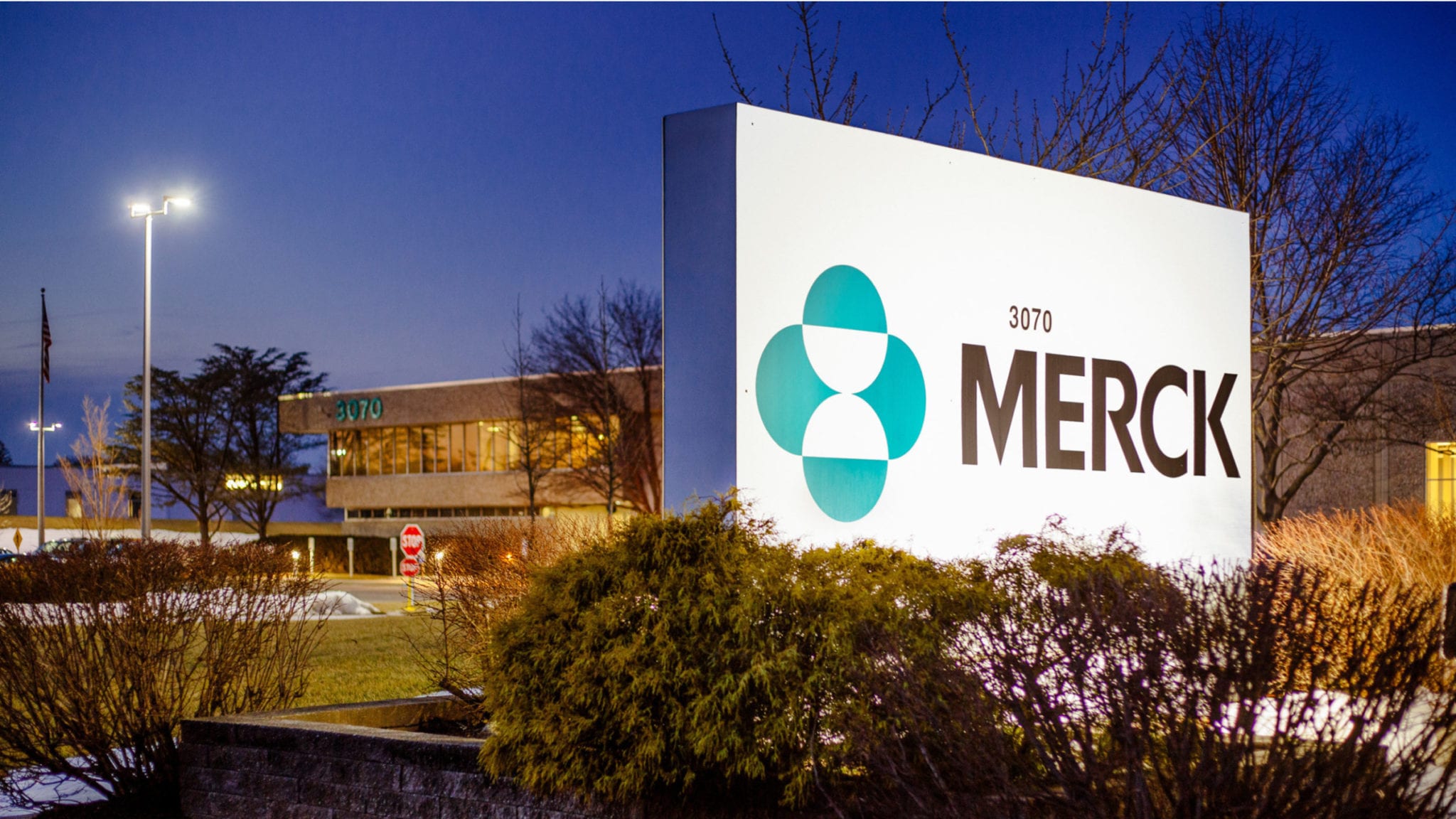
Merck in $1.3B showdown with insurers over 2017 ransomware attack — Bloomberg
When Merck was hit with a ransomware attack in 2017, the pharma giant was in fact just collateral damage from a virus Russia aimed at Ukraine, and the company is struggling to recoup its losses because its $1.75 billion insurance plan doesn’t cover acts of war.
Those are details from a richly reported Bloomberg News story out yesterday exploring how a geopolitical fight in Eastern Europe accidentally entangled a New Jersey-based pharmaceutical company and sparked lawsuits with major ramifications for the future of insurance and cybercrime.
Unlock this article instantly by becoming a free subscriber.
You’ll get access to free articles each month, plus you can customize what newsletters get delivered to your inbox each week, including breaking news.